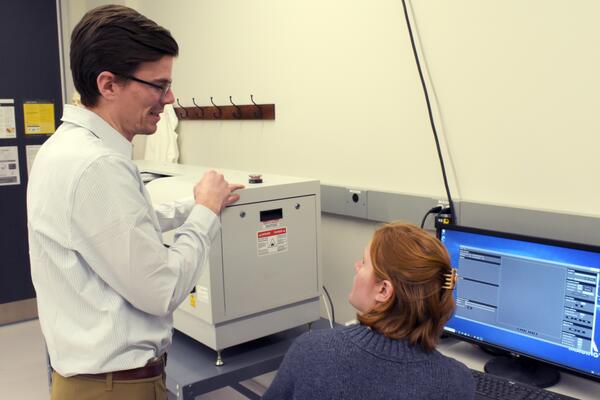
Dutch smokers unconcerned about dangers of tobacco
Dutch smokers, after years of tobacco control policies, are generally unconcerned about the dangers of smoking and second hand smoke, according to an international comparative study published today

Dutch smokers, after years of tobacco control policies, are generally unconcerned about the dangers of smoking and second hand smoke, according to an international comparative study published today
By Media RelationsThe International Tobacco Control Policy Evaluation Project (ITC Project) led by Professor Geoffrey T. Fong from the University of Waterloo, presented their findings in Maastricht at the European meeting of the Society for Research on Nicotine and Tobacco.
Compared with fifteen other countries studied, the Netherlands has the lowest percentage of smokers reporting that they often think about the harm of smoking to themselves (22%) or to others (9%). Moreover, fewer Dutch smokers than smokers in other countries realize that heart disease, stroke and lung cancer can be caused by smoking or that heart disease in non-smokers can be caused by exposure to second hand smoke.
In 2005 the Netherlands signed the World Health Organisation’s Framework Convention on Tobacco Control—the first-ever health treaty--obligating the country to take measures to reduce smoking. The ITC Project findings reveal that tobacco control policies in the Netherlands are not as effective as policies elsewhere in the world.
“Only 21% of smokers in the Netherlands have negative attitudes toward smoking, which is the second lowest among thirteen countries the ITC Project is studying,” said Professor Fong from Waterloo’s Department of Psychology. “The Dutch have a relatively poor understanding of the dangers of smoking and exposure to second hand smoke, which is disturbing.”
The comparative study by the ITC Project measured a cohort of more than 2,000 Dutch smokers against others from around the world. The project found that smokers around the world had a better perception of the risks associated with smoking.
“We are concerned that the poor understanding of the risk of smoking in the Netherlands is directly connected to a near-absence in education campaigns over the past five years,” said Fong. “We are calling on the Dutch government to make new and stronger investments in educational campaigns to reduce tobacco use.”

Read more
First-year students hone more than their research skills by exploring what it means to be happy

Read more
12 Waterloo students and postdoctoral fellows receive up to $10,000 in funding to develop their green-tech solutions

Read more
Equipment allows researchers to see inside tissues and medical devices
The University of Waterloo acknowledges that much of our work takes place on the traditional territory of the Neutral, Anishinaabeg and Haudenosaunee peoples. Our main campus is situated on the Haldimand Tract, the land granted to the Six Nations that includes six miles on each side of the Grand River. Our active work toward reconciliation takes place across our campuses through research, learning, teaching, and community building, and is co-ordinated within the Office of Indigenous Relations.